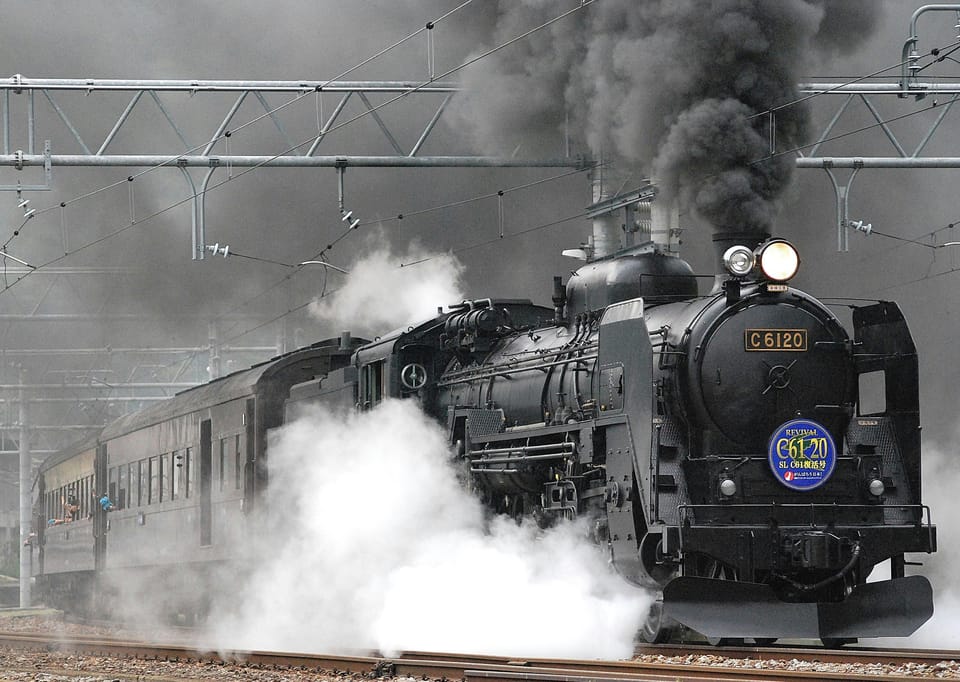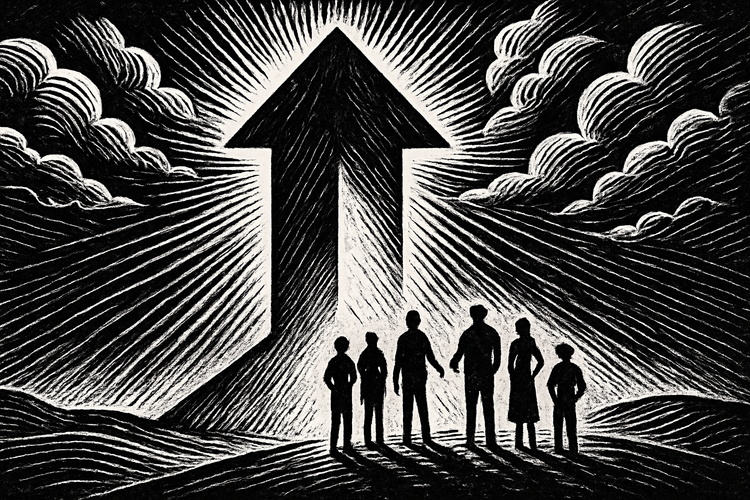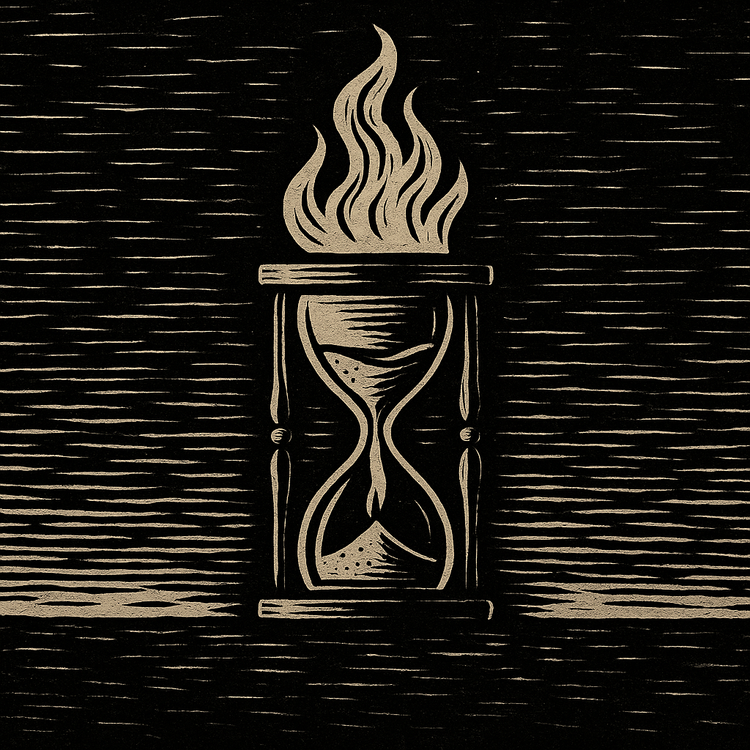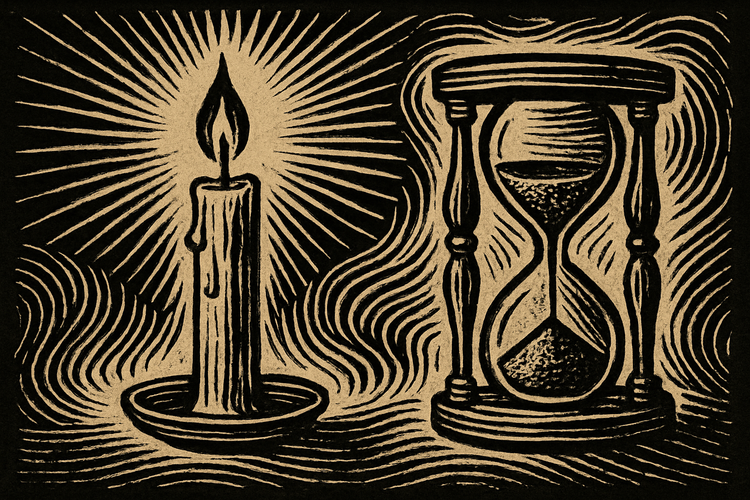The Good Place S1E8 - “Most Improved Player”

Spoiler Warning: This reflection contains full spoilers for The Good Place, including retrospective insights and thematic allusions. It assumes familiarity with the entire series and is written from the perspective of a rewatch.
This is an episode built upon illusions and false fronts. It opens with the appearance of fairness: Michael gently interviewing Eleanor to determine if she might belong in the Good Place after all. But Eleanor is exactly where she’s meant to be—this is the Bad Place, and the entire “hearing” is nothing more than elaborate theater. The moral hypotheticals, the exhaustive list of absurd rejections, even the quiz—everything is designed not to uncover truth but to amplify Eleanor’s discomfort and shame. On rewatch, we clearly see Michael recalibrating in real-time. Eleanor’s public confession at the close of the previous episode disrupted his plan. Humans were never meant to grow or genuinely support each other here. Yet now, Chidi has defended Eleanor, Tahani’s rigid judgment is starting to soften, and Eleanor herself is genuinely striving—however imperfectly—to become a better person. This isn’t a genuine reckoning; it’s damage control.
The flashback revealing Eleanor’s roommate scandal isn’t simple exposition—it’s a carefully orchestrated punishment. Michael already knows every detail. Forcing Eleanor to publicly relive one of her worst transgressions adds another layer of humiliation. It’s among the most damning memories presented: Eleanor not only ignored someone’s suffering, but actively profited from it. Michael’s intent here isn’t judgment but psychological torment. Yet even in this moment of intense pressure, the system falters. Eleanor doesn’t deflect, rationalize, or diminish her wrongdoing. Instead, she draws strength from the philosophy lessons Chidi has given her, even quoting Kant—not sarcastically, but sincerely. When confronted directly, she chooses honesty, not because it will save her but because it’s right. In a scenario designed to break her, Eleanor stands firm—and that was never supposed to happen.
Michael expected philosophy to unravel these humans, but instead, it’s pulling them closer together. Chidi, usually trapped in indecision and self-doubt, finds clarity in defending Eleanor. He steps forward to confess to Janet’s accidental destruction and the subsequent cover-up, pleading for empathy and understanding—not driven by abstract ethics, but genuine care. For the first time, he acts decisively and compassionately to protect someone else. Even Tahani, so quick to condemn Eleanor, begins to reconsider. Chidi reminds her what Eleanor must have endured in coming forward, and in that brief moment, Tahani’s perception subtly shifts. These aren’t simply tortured souls endlessly tormenting each other. They’re slowly forming a team, and Michael sees the threat clearly.
Recognizing this unforeseen solidarity, Michael escalates—but strategically, ensuring plausible deniability. A train from the Bad Place arrives dramatically, bringing Trevor as an apparent external disruption. But Trevor’s arrival is no genuine chaos; it’s carefully choreographed by Michael. Despite his performance of anxiety, Michael maintains control, clearly shown when he exercises authority to remove someone from the train. The turmoil is staged. And then the final reveal occurs—the “real” Eleanor appears: serene, virtuous, flawless, armed with a perfect moral scorecard. Her arrival isn’t corrective justice; it’s psychological sabotage. She’s intended to dismantle Eleanor’s fragile, newly forming identity, introducing comparison, shame, and profound displacement. Michael isn’t relinquishing control; he’s refining his strategy. The torture persists—it merely wears a gentler face.
The episode, titled “Most Improved Player,” initially seems to celebrate Eleanor’s growth. Yet on deeper inspection, the title takes on an ironic resonance. Improvement in this twisted version of the Bad Place isn’t rewarded; it’s exploited as ammunition. Eleanor’s genuine progress only prompts further refinements of the torture. Yet, crucially, what Michael and the system haven’t yet fully grasped is that this capacity for growth and change is exactly what makes Eleanor—and the others—so potent. Their true threat isn’t their flaws; it’s their resilience, adaptability, and burgeoning unity.



Comments ()